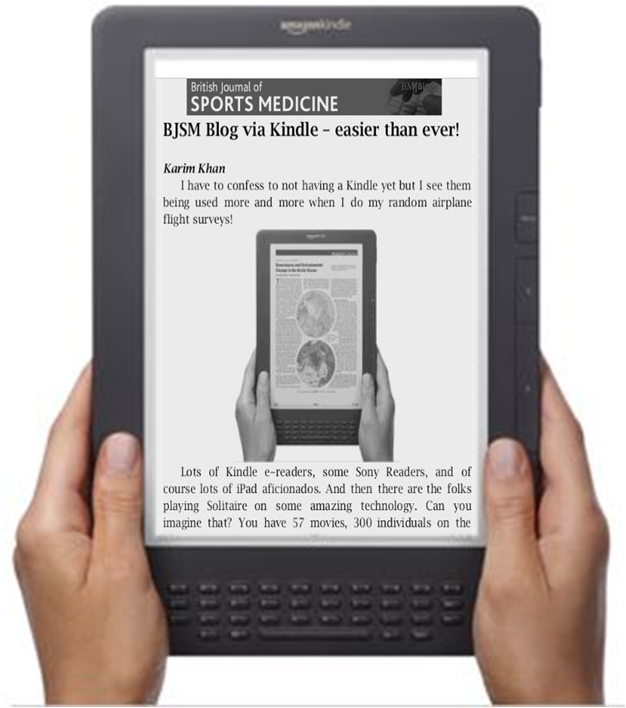 From the end of last year, BMJ blogs became fully open access using the creative commons license. They have always been free to access, and it is likely that most of our readers will not immediately notice any change, but there is a subtle difference.
From the end of last year, BMJ blogs became fully open access using the creative commons license. They have always been free to access, and it is likely that most of our readers will not immediately notice any change, but there is a subtle difference.
The term “open access” implies much more than just “free”. According to the Wellcome Trust, articles to be listed as open access must be freely available immediately, and publishers must also allow for their free reuse. This means that articles can be copied, distributed, displayed, performed and modified into derivative works by any user.
So although readers have always been able to freely access our blogs, they can now reuse our blog content, as long as they credit the original BMJ blog in any derivative works they produce. It is also useful for our blog authors who can now post their own blogs elsewhere, for example on their institutional websites.
The hope is that this will increase the readership of our blogs, as they are  highlighted elsewhere and bought to the attention of more people. It is also in keeping with the “social” aspect of blogging. We have found that using Twitter and Facebook to promote our blogs has had a huge impact on traffic to the site. Users like to share links and comment on blogs, and this encourages others to take a look at the site as well.
highlighted elsewhere and bought to the attention of more people. It is also in keeping with the “social” aspect of blogging. We have found that using Twitter and Facebook to promote our blogs has had a huge impact on traffic to the site. Users like to share links and comment on blogs, and this encourages others to take a look at the site as well.
It is also fits in with the BMJ publishing model, as all our research articles are formally open access.
Have a look at the various BMJ blogs at https://stg-blogs.bmj.com/bmj/
N.B. Please note that this change does not apply to the BMJ Journal blogs or those that do not contain the creative commons logo.
by Juliet Dobson, Assistant web editor and blogs editor for bmj.com

 From the end of last year, BMJ blogs became fully open access using the creative commons license. They have always been free to access, and it is likely that most of our readers will not immediately notice any change, but there is a subtle difference.
From the end of last year, BMJ blogs became fully open access using the creative commons license. They have always been free to access, and it is likely that most of our readers will not immediately notice any change, but there is a subtle difference. highlighted elsewhere and bought to the attention of more people. It is also in keeping with the “social” aspect of blogging. We have found that using Twitter and Facebook to promote our blogs has had a huge impact on traffic to the site. Users like to share links and comment on blogs, and this encourages others to take a look at the site as well.
highlighted elsewhere and bought to the attention of more people. It is also in keeping with the “social” aspect of blogging. We have found that using Twitter and Facebook to promote our blogs has had a huge impact on traffic to the site. Users like to share links and comment on blogs, and this encourages others to take a look at the site as well.